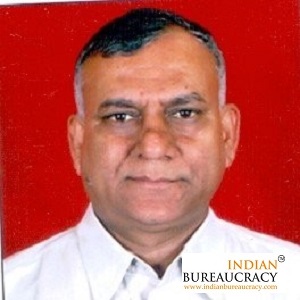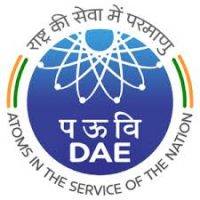The Ministry of Ayush has demonstrated its commitment to eco-friendly practices and reducing carbon emissions, aligning with Sustainable Development Goals (SDGs). The recently concluded WHO Traditional Medicine Global Summit, hosted by WHO and co-hosted by the Ministry of Ayush in Gandhinagar, Gujarat, exemplified these efforts by reducing approximately 72,960 Kg of CO2 equivalent emissions.
Key eco-friendly initiatives included the avoidance of more than 50,000 plastic bottles and 30,000 single-use plastic cutlery items. The summit was entirely paperless, reducing transport emissions. Delegates’ badges were crafted from biodegradable materials, and the exhibition zone featured reusable materials. A unique highlight was the use of biodegradable seed paper badges (marigolds), ready for planting.
Biodegradable cutlery and glass bottles were employed throughout the event, with digital signages at the airport and fabric-based outdoor hoardings. The summit maintained a 90% wood-based construction for exhibition spaces, incorporating real plants and reusable materials.
The paperless summit made all media event and related documents accessible through online platforms and the app. This eco-conscious approach is anticipated to set a precedent for other large-scale events, making a lasting impact on carbon emission reduction.
The summit prioritized online participation, resulting in 6,046 online streams, both live and recorded, significantly reducing onsite participant travel and associated carbon emissions.
The Ministry of Ayush’s and WHO’s initiatives align with the G20 New Delhi Leaders Declaration, emphasizing global net-zero GHG emissions/carbon neutrality by midcentury.
The efforts also echo the United Nations Environment Assembly’s resolution on addressing single-use plastic products pollution, promoting environmentally friendly alternatives.
These eco-friendly practices were not limited to the WHO Traditional Medicine Global Summit but were also applied during other global events, including the groundbreaking ceremony of WHO Global Centre for Traditional Medicine (GCTM) and the Global Ayush Investment and Innovation Summit (GAIIS) in April 2022. These events collectively avoided the use of over 1 lakh plastic bottles, 15,000 plastic tags, and 50,000 plastic cutlery items, resulting in a reduction of approximately 1,19,437.5 kg of CO2 equivalent emissions.







Leave a Reply
You must be logged in to post a comment.